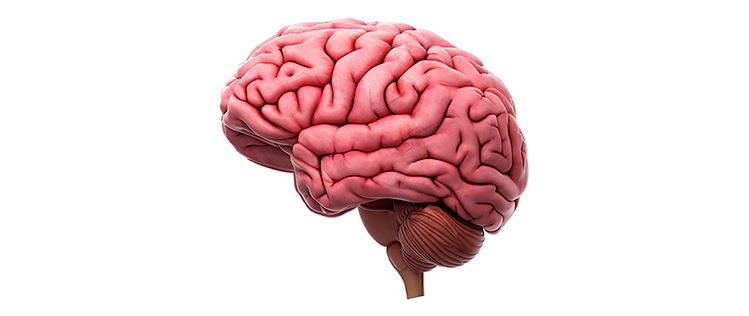Knowing too much: experts more likely to experience 'false memories' about their specialist subject

Posted August 29, 2016
- High level of knowledge about a topic doubles the chances of 'false memories'
Experts that are knowledgeable about certain subjects are twice as likely to have 'false memories' about their topic of specialisation, according to new research by scientists at UCD School of Psychology.
Researchers at the school asked 489 participants to rank seven subjects – football, politics, business, technology, film, science and pop music – from most to least interesting.
The investigators asked the participants in the study if they remembered the events described in four news items about the topic they selected as the most interesting. They also asked them about the events described in four items about the topic selected as least interesting.
In each case, three of the events depicted had actually happened and one was fictional. The results showed that if someone was interested in a topic, this increased the frequency of the number of accurate memories they had relating to that topic.
But at the same time, if someone was interested in a specific subject, this increased the number of false memories as well.
Dr Ciara Greene, Assistant Professor at the UCD School of Psychology and Anthony O'Connell, then a master’s student at (opens in a new window)University College Cork, carried out the research.
The researchers found that 25 per cent of people experienced a false memory about an interesting topic, compared with 10 per cent in relation to a less interesting topic.
And having a high level of knowledge about a topic – as measured by the number of true memories recorded – rather than just an interest, increased the frequency of false memories too.
Those surveyed who were more knowledgeable about a subject were almost twice as likely to remember incidents relating to that topic that never happened.
“Increasing scientific and public understanding of the causes of false memory is an important goal, particularly in light of some of the more negative consequences associated with the phenomenon, including faulty eyewitness accounts and the controversies surrounding false memories of traumatic childhood events,” said Dr Greene, lead author on the study.
“I hope that promotion of knowledge about false memories may provide some inoculation against their harmful effects."
The research will be presented at the annual conference of the (opens in a new window)British Psychological Society’s Cognitive Psychology Section in Barcelona on September 1.
By Jamie Deasy, digital journalist, UCD University Relations






